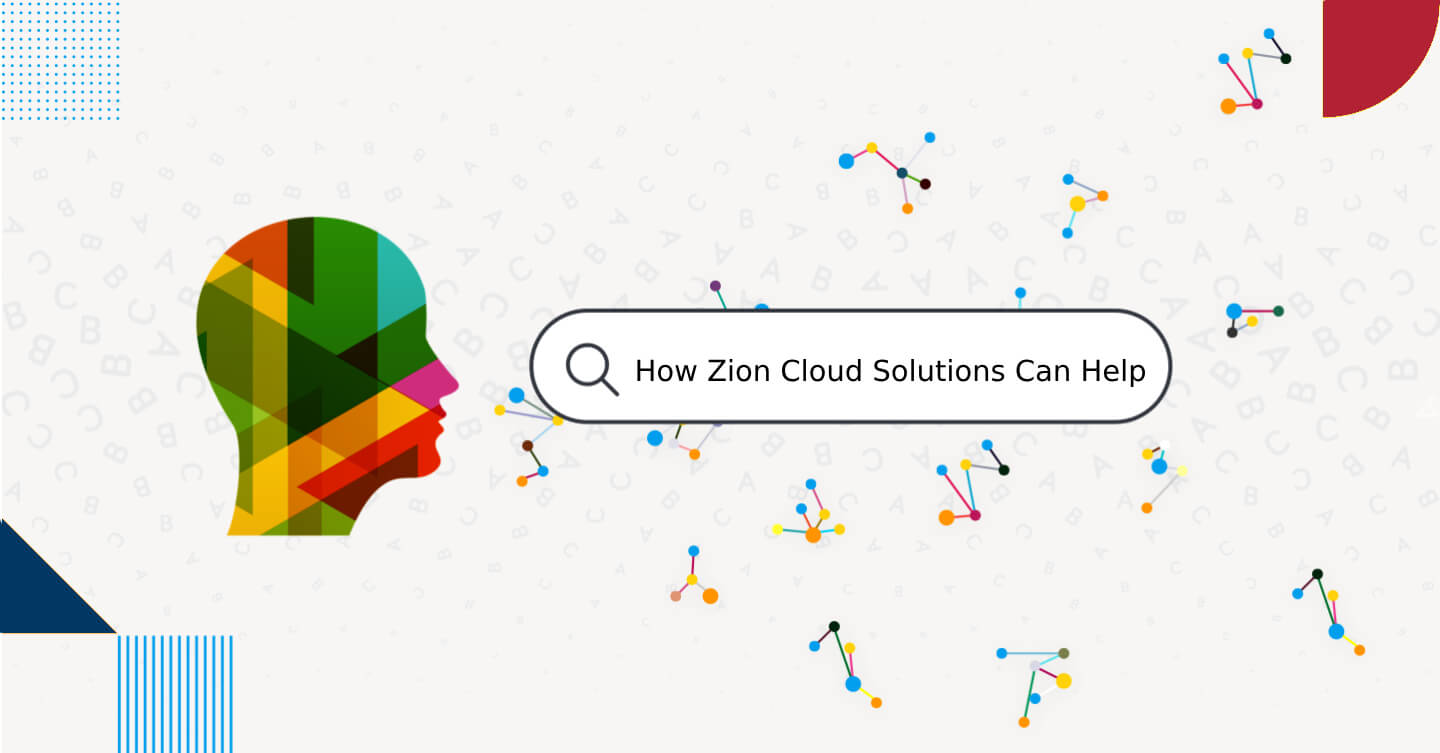Unleashing the Power of Dynamics CRM: Revolutionizing Customer Relationship Management
Customer Relationship Management (CRM) is a critical aspect of any successful business. It involves managing and nurturing customer relationships to drive sales, deliver exceptional services, and ultimately achieve organizational growth. In today’s competitive marketplace, companies need powerful tools to streamline their CRM efforts and stay ahead of the game. One such tool that has been causing waves in the industry is Microsoft Dynamics CRM. With its cutting-edge features and robust capabilities, Dynamics CRM has revolutionized how businesses interact with their customers. From sales automation to marketing campaigns, service management to analytics insights – this comprehensive software platform empowers organizations across industries to better understand and serve their customers like never before. In this article, we will explore the incredible power unleashed by Dynamics CRM and delve into how it can transform your customer relationship management strategies. We will discuss its key functionalities, examine real-life success stories of companies leveraging its potential, delve into best practices for implementation and adoption, as well as provide valuable tips on maximizing ROI from your investment in this game-changing solution. Whether you’re a small start-up or an established enterprise looking to enhance your customer-centric approach, this article will equip you with essential knowledge about Dynamics CRM’s transformative capabilities. Get ready to unlock the full potential of your customer relationships and leverage them as a driving force behind long-term business success!
Understanding the Key Features of Dynamics CRM
Dynamics CRM offers a range of key features that revolutionize customer relationship management. These features include:
- 360-Degree Customer View: With Dynamics CRM, businesses gain access to a comprehensive view of their customers. This allows them to understand customer preferences, purchase history, and interactions across different touchpoints.
- Sales Automation: The sales automation feature streamlines the sales process by automating tasks such as lead generation, opportunity management, and pipeline tracking. This not only saves time but also ensures consistency in the sales cycle.
- Customer Service Management: Dynamics CRM provides tools for managing customer service inquiries and requests efficiently. It enables agents to access relevant information promptly, track case histories, and resolve issues more effectively.
- Marketing Campaigns: The marketing module of Dynamics CRM helps businesses create targeted marketing campaigns based on customer data insights. From email marketing to social media advertising, this feature maximizes engagement with customers.
- Analytics & Reporting: Dynamics CRM comes with robust analytics and reporting capabilities that provide valuable insights into business performance metrics like sales revenue, customer satisfaction rates, and campaign effectiveness.
These powerful features make Dynamics CRM an indispensable tool for businesses looking to improve their customer relationships and drive growth.
Implementing Dynamics CRM for Sales Automation
Sales automation is a vital component of any successful business, and with Dynamics CRM, your organization can take its sales efforts to new heights. By implementing the powerful features and functionalities of this customer relationship management platform, you can streamline your sales processes and increase productivity.
Streamlining Sales Processes
Dynamics CRM offers a centralized platform where all relevant sales information can be stored and accessed easily. With the ability to track leads, manage contacts, and monitor opportunities in one place, your sales team will save valuable time that would otherwise be spent searching for data across various systems or spreadsheets.
Increasing Productivity
Through automation capabilities like email templates, workflow rules, and task assigning tools within Dynamics CRM, you can automate repetitive tasks such as sending follow-up emails or creating reports. This not only frees up more time for your employees to focus on selling but also ensures consistency in communication and enhances efficiency throughout the entire sales cycle.
In conclusion,”Unleashing the Power of Dynamics CRM: Revolutionizing Customer Relationship Management” showcases how implementing this technology revolutionizes an organization’s approach to customer relationship management. Through streamlining sales processes and increasing productivity with automated features from Dynamics CRM software—centralizing accessible data proves crucial at improving overall efficiency levels while ensuring consistent contact between consumer relationships provides benefits financially through increased revenue rates when implemented correctly.
Enhancing Customer Service with Dynamics CRM
With Dynamics CRM, businesses can greatly enhance their customer service capabilities.
- Streamline and automate processes: The software allows companies to streamline and automate various customer service processes, such as ticket management and issue resolution. This eliminates the need for manual intervention, resulting in faster response times and improved efficiency.
- 360-degree view of customers: By integrating data from various sources into a single platform, Dynamics CRM provides a comprehensive view of each customer. This enables businesses to better understand their customers’ needs and preferences, leading to more personalized interactions.
- Better communication: The software facilitates seamless communication between different teams within an organization and between businesses and their customers. This ensures that all relevant information is readily available to provide efficient support throughout the customer journey.
Regardless of industry or size, implementing Dynamics CRM can revolutionize how companies approach customer relationship management by enhancing service quality, improving efficiency, increasing personalization, streamlining processes—and ultimately boosting overall customer satisfaction levels.
Leveraging Dynamics CRM for Marketing Success
Dynamics CRM offers businesses a powerful tool to enhance their marketing efforts.
- Efficient lead management: With Dynamics CRM, marketing teams can easily track and manage leads throughout the entire sales funnel. This allows for better targeting and segmentation of prospective customers, resulting in more effective campaigns.
- Personalized customer experiences: By leveraging the data stored in Dynamics CRM, marketers can create personalized and tailored content that speaks directly to individual customers’ needs and preferences. This level of customization helps build stronger relationships with customers and increases brand loyalty.
- Enhanced campaign tracking and analysis: Dynamics CRM provides robust analytics capabilities, allowing marketers to monitor the performance of their campaigns in real-time. By understanding what works and what doesn’t, businesses can adjust their strategies on-the-go for improved ROI.
With its comprehensive features and functionality, Dynamics CRM revolutionizes traditional customer relationship management by empowering marketers to drive successful campaigns, engage customers effectively, and maximize business growth.
Maximizing Productivity with Dynamics CRM
Dynamics CRM offers a host of features that can significantly enhance productivity for businesses.
- Streamlined Collaboration: With Dynamics CRM, teams can easily collaborate and share information, allowing for faster decision-making and improved efficiency.
- Automated Processes: The automation capabilities of Dynamics CRM enable businesses to automate routine tasks, freeing up valuable time for employees to focus on more strategic activities.
- Integration with Existing Tools: Dynamics CRM seamlessly integrates with other Microsoft tools such as Outlook and Excel, making it easy for users to access all relevant data in one place. This integration eliminates the need for manual data entry and reduces the risk of errors.
By leveraging these features effectively, businesses can revolutionize their customer relationship management processes and achieve higher levels of productivity.
Customizing Dynamics CRM to Fit Your Business Needs
Tailor-made for success: Dynamics CRM offers a range of customization options that allow you to adapt the system to your unique business needs. From custom fields and forms to personalized workflows and reports, you have full control over how your CRM functions.
Efficiency at its finest: With customized interfaces and layouts, you can streamline your team’s workflow, making it easier for them to access the information they need quickly. By eliminating unnecessary steps and automating processes, you’ll see an increase in productivity and a reduction in human error.
Reports tailored just for you: Dynamics CRM provides powerful reporting capabilities that enable you to track key metrics and generate detailed insights into your customer relationships. By customizing these reports based on your specific requirements, you can gain deeper visibility into important data points such as sales performance, customer satisfaction levels, or marketing campaign effectiveness.
Integrating Dynamics CRM with Other Business Systems
Integrating Dynamics CRM with other business systems can enhance efficiency and streamline processes. By connecting CRM with accounting software, sales teams can easily access customer financial data, enabling them to make informed decisions about pricing and discounts. This integration also allows for easy synchronization of customer information between departments, minimizing duplicate entries and ensuring consistent data across the organization.
Integrating CRM with marketing automation tools enables seamless campaign management and targeted messaging. By syncing contact lists between the two platforms, marketers can easily track engagement metrics like open rates and click-through rates, allowing them to refine their strategies in real-time. These integrations eliminate manual data transfers, saving time and reducing the chances of errors.
Linking Dynamics CRM with e-commerce platforms empowers sales teams to provide personalized shopping experiences for customers. By accessing order history and browsing behavior within the CRM interface, salespeople gain valuable insights into customers’ preferences, enabling them to offer tailored product recommendations. This integration benefits both businesses by improving conversion rates while nurturing long-term customer loyalty.
Measuring Success: Analytics and Reporting with Dynamics CRM
Data-driven decision making – Dynamics CRM enables businesses to make informed decisions based on real-time data analysis. By leveraging the powerful analytics and reporting features, companies can track key performance indicators (KPIs), such as customer satisfaction rates, sales figures, and revenue growth. This helps them understand their strengths and areas for improvement.
Customizable dashboards – With Dynamics CRM, users can create customizable dashboards that display relevant information in a visually appealing manner. These dashboards provide an at-a-glance view of important metrics, allowing managers to quickly assess the performance of various departments or teams. They can also drill down into specific areas of interest for more detailed insights.
Tracking customer interactions – Dynamics CRM logs all customer interactions, including emails, phone calls, meetings, and social media engagements. This not only allows businesses to maintain a comprehensive record of each customer’s journey but also provides valuable data for analysis. By analyzing these interactions over time, organizations can identify patterns in customer behavior and preferences, enabling them to tailor their marketing strategies accordingly.






